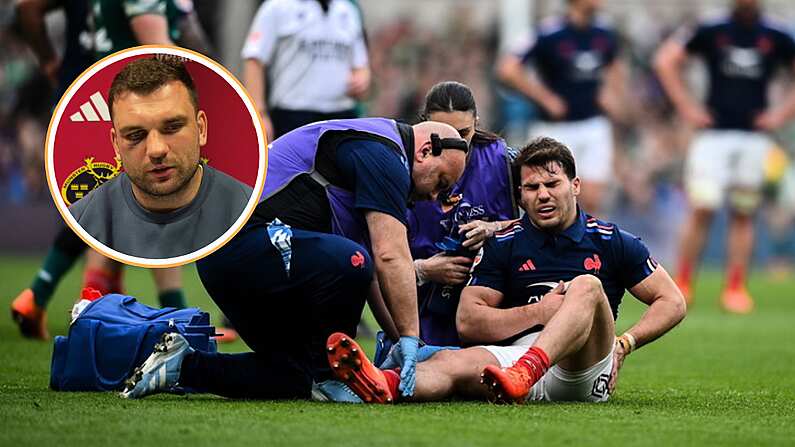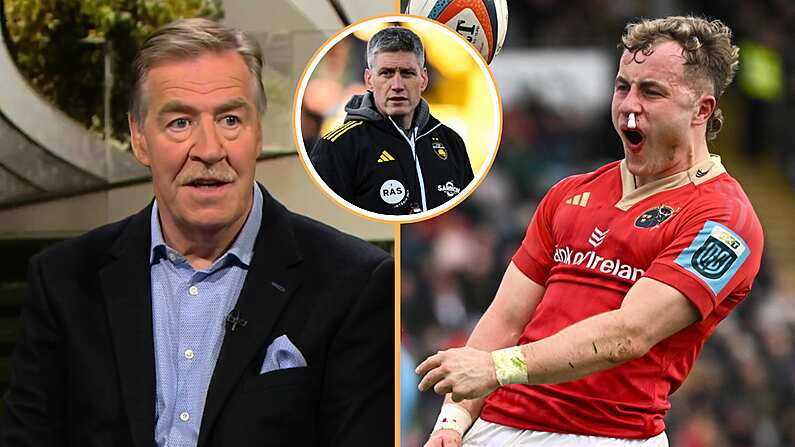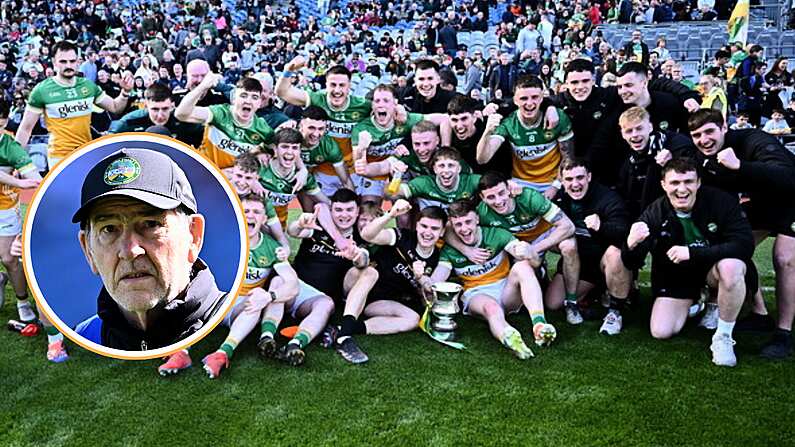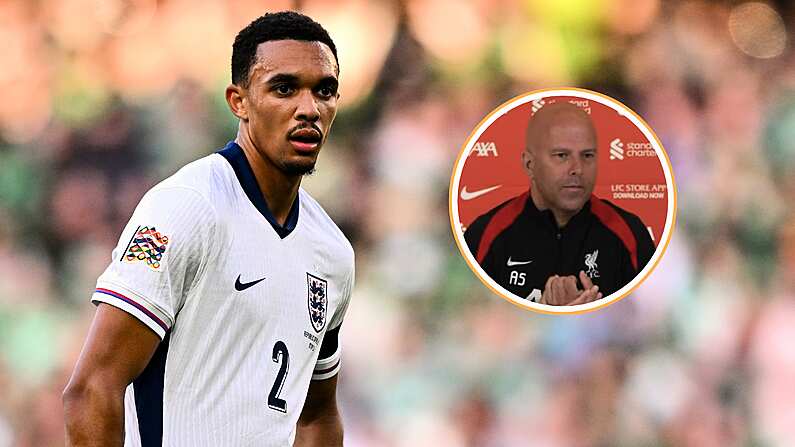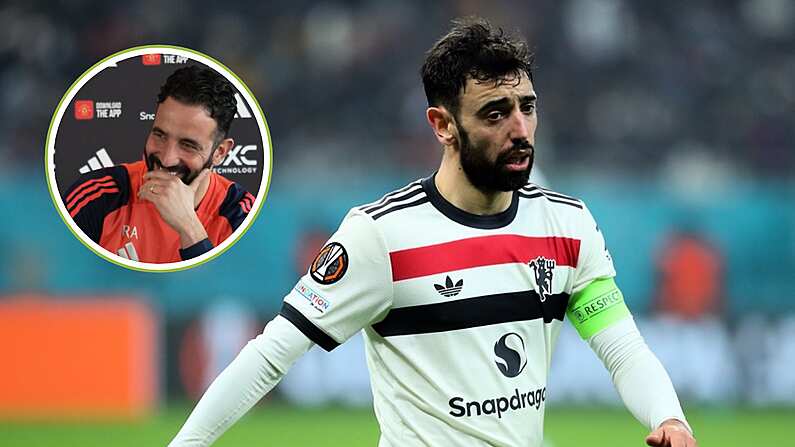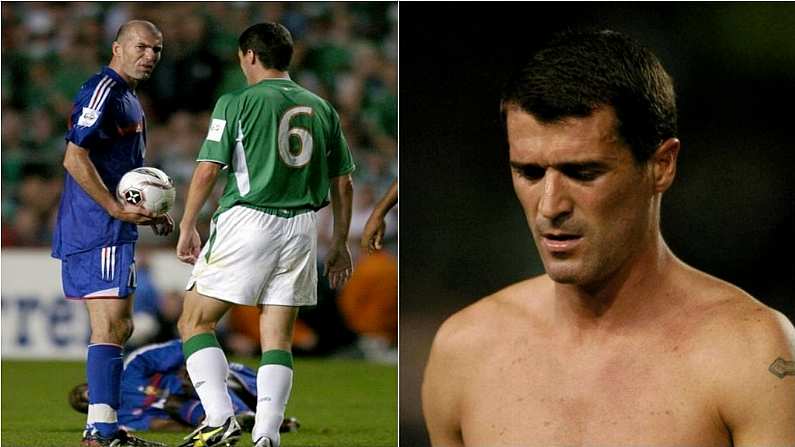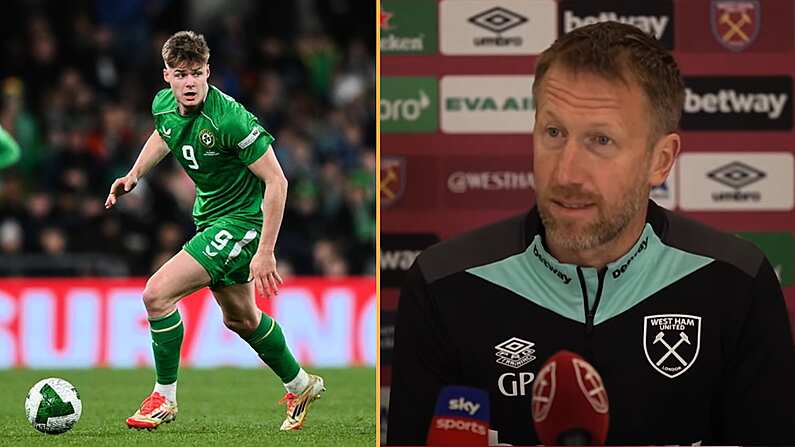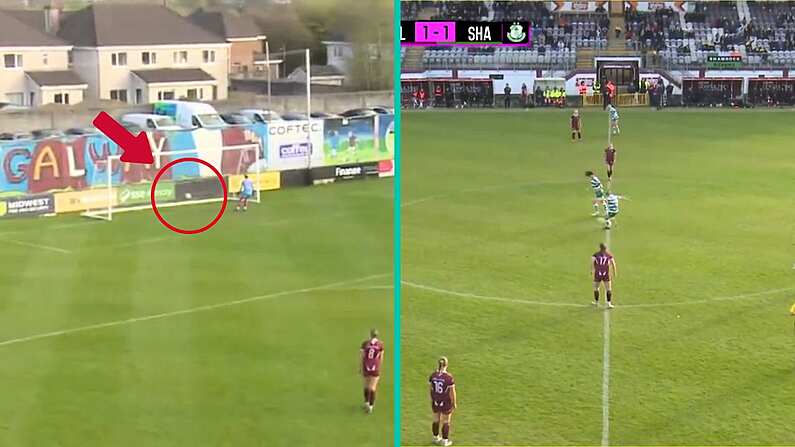Podcasting has grown from a small cottage industry with little means of income to a gargantuan enterprise comprising millions of broadcasters, from big to small.
One man who has been in the middle of it all to see its exponential growth is Ben Green, who you might know as "Producer Ben" of Guardian Football Weekly fame. The Londoner has been in the podcasting game almost since its inception, having joined the newspaper in 2006, helping to create one of the medium’s most well-known brands along with presenter James Richardson.
Green and Richardson, who came to prominence on Channel 4’s Gazzetta Football Italia in the nineties, have taken their talents elsewhere, forming the Totally Football Show which launched at the beginning of the new season. In a market that is now saturated with football pods, it seemed an odd time to break away from a brand that had been so successful for so long. Ben jokes about it being a “brutal split”, but is confident that the right decision was made, telling Balls that they had gone as far as they could at the Guardian.
We were a very small part of a very big media organisation and we had a very large following. We had ten years there, we had started doing the live shows. We piloted a few ideas, but the Guardian is a newspaper and being in the business of news and video. For everything that we would like to achieve with the new brand, we couldn’t do at the Guardian. It felt like we had reached the end of the road there and we felt confident enough that we could do it ourselves.
So what is different about the new venture?
It’s essentially the same structure as Football Weekly, but you’re hearing new voices, new characters, a few tweaks and innovations in that regard. Beyond that, we launched the Totally Football League show this week, and we hope to launch one other pod this year. That then creates a network of shows and then who knows. We have other ideas for where we spin off next. But rather than be a part of a big media organisation, we could be a big media organisation. An upstart, if you will.
An important aspect of the project is that the show will be free of charge and remain that way, with the new company earning money via advertising. That inevitably brings up the topic of pay models and charging for content.
Iain MacIntosh, who set up the company, was very clear on that, that we would be free, because we have a very big, very loyal audience, and as soon as you start charging for things, that relationship changes. We won’t be user or listener funded. That’s key, because we want to keep a relationship with our audience, which is not to criticise guys like Second Captains, who have done it their way. We just felt that by breaking off from something that had been free for so long, we wanted to keep it that way and we will be.
The viability of pay models is a hot topic for podcasters these days. There are several who make a comfortable living from their podcasts, but these tend to be comedians such as Marc Maron or Adam Carolla, who can feed their live shows into their episodes. For the rest of us who can’t necessarily attract sponsorship, a paywall is the next best option if you want to starting generating regular revenue, but that is, naturally, also problematic. Before you can think about making a living from podcasting, you have to build the audience.
“I think it’s completely the wrong mentality to charge for something off the bat,” he says. “It’s fine if you want to go for a year and build up your audience, build up your brand, that’s okay. There is no right or wrong way to do these things.”
The changing landscape of television and music might inspire hope, however.
I listen to a lot of wrestling podcasts and people charge for that sort of thing. In America people are very used to paying for their content. People are now getting used to paying for subscription services, with Netflix, Amazon Prime, Spotify and so on. This is something I think will become a lot more widespread with podcasts.
Ben, who says he makes 200-300 edits per show, literally wrote the book on podcasting. Well, the ebook anyway. So who better to ask what makes a good podcast?
You need a compelling intro, because if you haven’t got your audience's attention in the first minute, then they’re not going to stick with you. It should be well recorded and well edited, because when someone chooses to download, they’re actively choosing to listen as oppose to just having the radio on in the background. They don’t want poor quality.
Don’t give them a reason to turn off is one of my big mantras.
You want something entertaining or informative, and definitely unique in its own approach. There’s so much choice out there that if you’re not standing out, inevitably someone will look elsewhere. Have a clear identity in that regard. It can be on any subject you want, but should be slightly niche in that area. You don’t need to have a PhD or be a comedian to have a podcast, but you need to have an original voice.
Ben has brought his knowledge on the subject to people in the form of masterclasses at the Guardian, in universities and at media conferences. He will be doing the same this Saturday when he brings his teaching methods to the National Concert Hall in Ireland as part of the Dublin Podcast Festival. For those starting at the bottom, what can they take away from Ben’s class?
A lot of do’s and don’t’s. I’ll play a lot of clips of good podcast practice, good intros, good ways to do interviews. They’ll come away with a lot of new podcasts to listen to, and different ways of thinking about making programmes and hopefully a lot more confidence to do things by themselves.
Live events, such as these, are another way to monetise podcasts. Football Weekly ran about 25 live shows, ranging from, as Ben tells us, a dreadful Tuesday afternoon in a Swansea library in front of 40 people to a crowd of 2000 at the London Palladium, as well as four appearances in the Irish capital. What we all want to know is, will Ben, James and Iain be returning under the guise of Totally Football?
We certainly hope so! Definitely hope to come back to Dublin within this season. They’re probably the most fun shows we’ve done. They’re always really good fun and great audience.
And I can say that as well Ste because my dad’s from Dublin and I’ve got the passport.
Like many Irish people in sixties, Ben’s father, Edwin Green emigrated to London for work. Not only that, Edwin was a Jewish Dubliner, a rarity in these parts.
My dad’s going to be 80 soon and he moved around 1960. For his 21st birthday his dad got him a one way ticket to London, because Ireland was economically very poor back then. Most of his peers moved to places like London, Canada, New York, places like that. But yeah, he’s a very proud Irishman.
A photo of his grandad hangs in the Irish Jewish Museum on Walworth Road in Dublin 8, a once highly Jewish populated area. “There was a very small Irish Jewish community, which is even smaller now.”
Who knew one of podcasting’s leading lights would be tied to the Irish diaspora?
SEE ALSO: James Richardson Leaves The Guardian's Football Weekly Podcast
SEE ALSO: James Richardson Tells Remarkable Tale Of Being Caught In A Riot While Filming Football Italia


